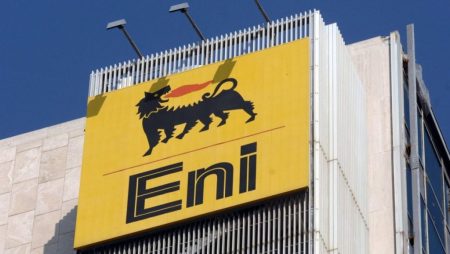
03 May 2016, Singapore — Logistical bottlenecks and swelling crude inventories will soon force China’s independent refiners to cut back on a surge of imports, possibly threatening a recent recovery in oil prices, said a senior official from China’s biggest private refiner.
China’s independent oil refiners, known as teapots, were granted licenses to import crude only last year, and their emergence has acted as a catalyst to turn around one of the steepest price routs ever, which saw crude futures tumbled by more than 70 percent between 2014 and early 2016.
Frenzied buying from the teapots to stock up on cheap crude in the first quarter helped push prices to 2016 highs last week, leading to long lines of tankers waiting to unload at ports in eastern Shandong province, where most of the independent plants are located.
Yet the spree cannot continue, and the rally from the lowest oil values in more than 12 years has been premature, said Zhang Liucheng, vice president for trading and marketing at Dongming Petrochemical, China’s largest teapot refiner.
“Even though oil prices have rebounded, we believe they are not sustainable in the short-term,” Zhang told Reuters in an interview. “Everybody’s storage is full and it takes some time to digest the inventories, maybe 2-3 months.”
Additionally, he said, some teapot facilities would undergo maintenance in the second quarter, further reducing China’s crude demand over the next few months.
The crude unloaded at China’s largest oil port Qingdao rose 73 percent from a year ago to 2.06 million barrels per day (b/d) in the first quarter, according to China customs data.
But the lack of pipelines from terminals to teapot refineries and insufficient storage mean that shipments will soon slow as the Shandong ports cannot handle more intake.
TEAPOT FEDERATION
To ease congestion at Qingdao, the local government has diverted supertankers to unload at the Dongjiakou port, to the south, but this means refiners will have to rely on large numbers of trucks to deliver oil to their plants, Zhang said.
A supertanker can carry about 2 million barrels of oil, which takes thousands of truckload to move.
In an attempt to make crude imports more efficient, Dongming has formed an alliance with 17 other teapots to coordinate purchases, potentially further reducing the number of orders for oil shipments to the Shandong refiners.
Dongming’s trading arm, Pacific Commerce, launched the alliance with a party last week in Singapore that drew more than 200 bankers and traders, indicating strong interest in Asia’s oil community to get a piece of the burgeoning teapot business.
Dongming – which has a 240,000 b/d refinery in Shandong and a 60,000 b/d plant in Lianyungang, Jiangsu province – was the first teapot to export fuel to get rid of the excess product that built up as it began processing its own crude imports.
Zhang said Dongming has sold three gasoline cargoes since end-2015, co-loading on tankers headed to Singapore, although adding that the company’s priority was still the local market.
*Florence Tan; Editing – Henning Gloystein & Tom Hogue – Reuters



